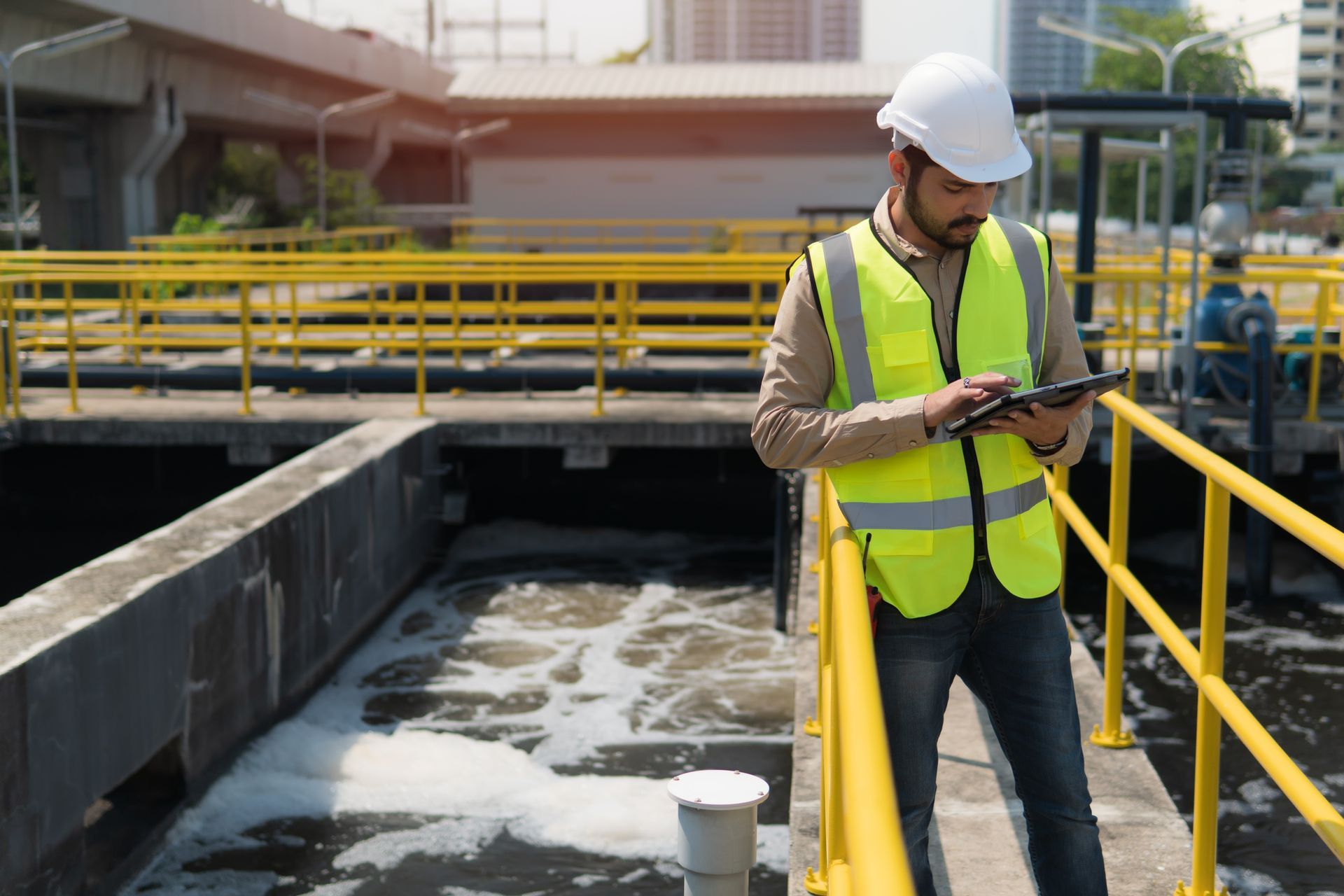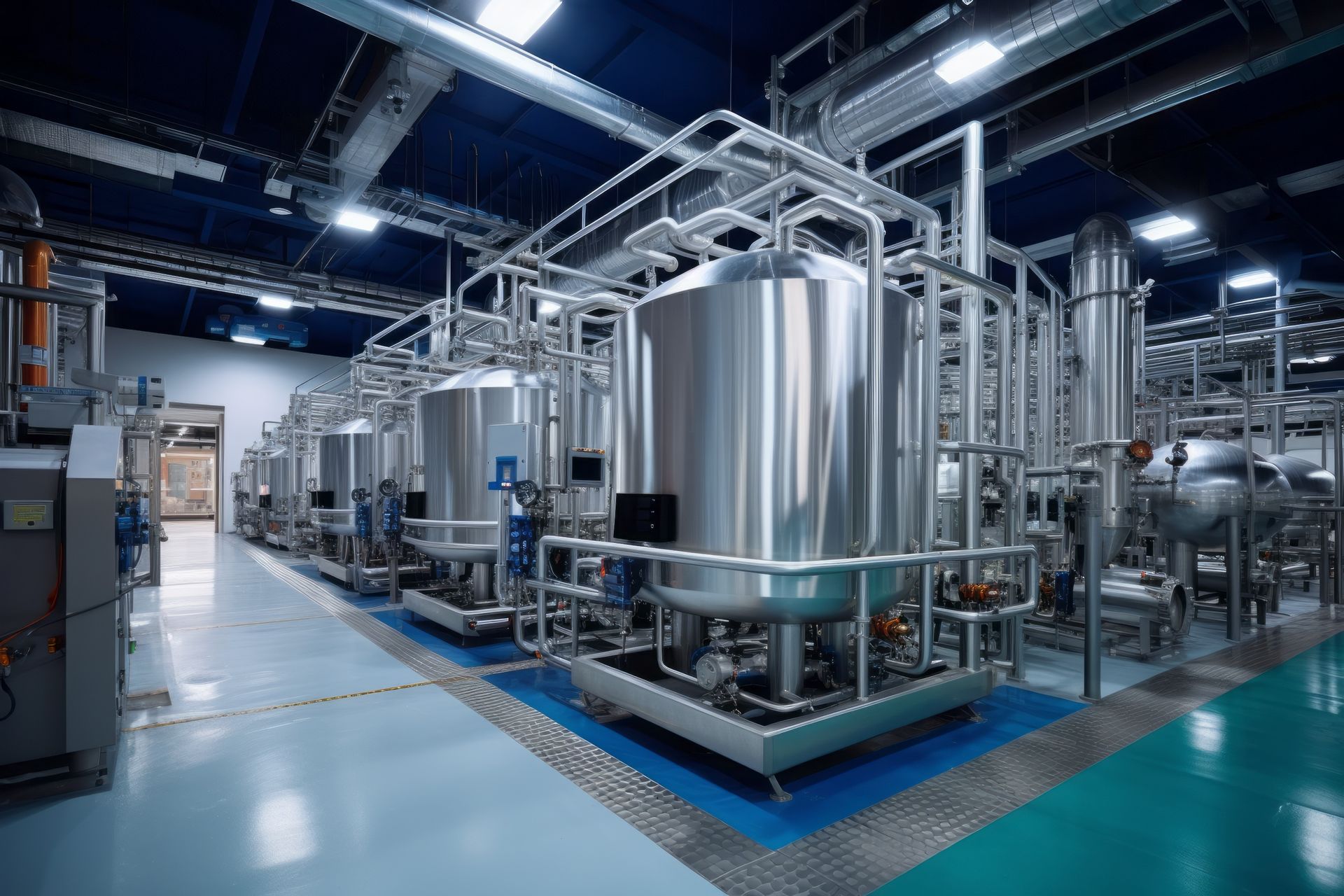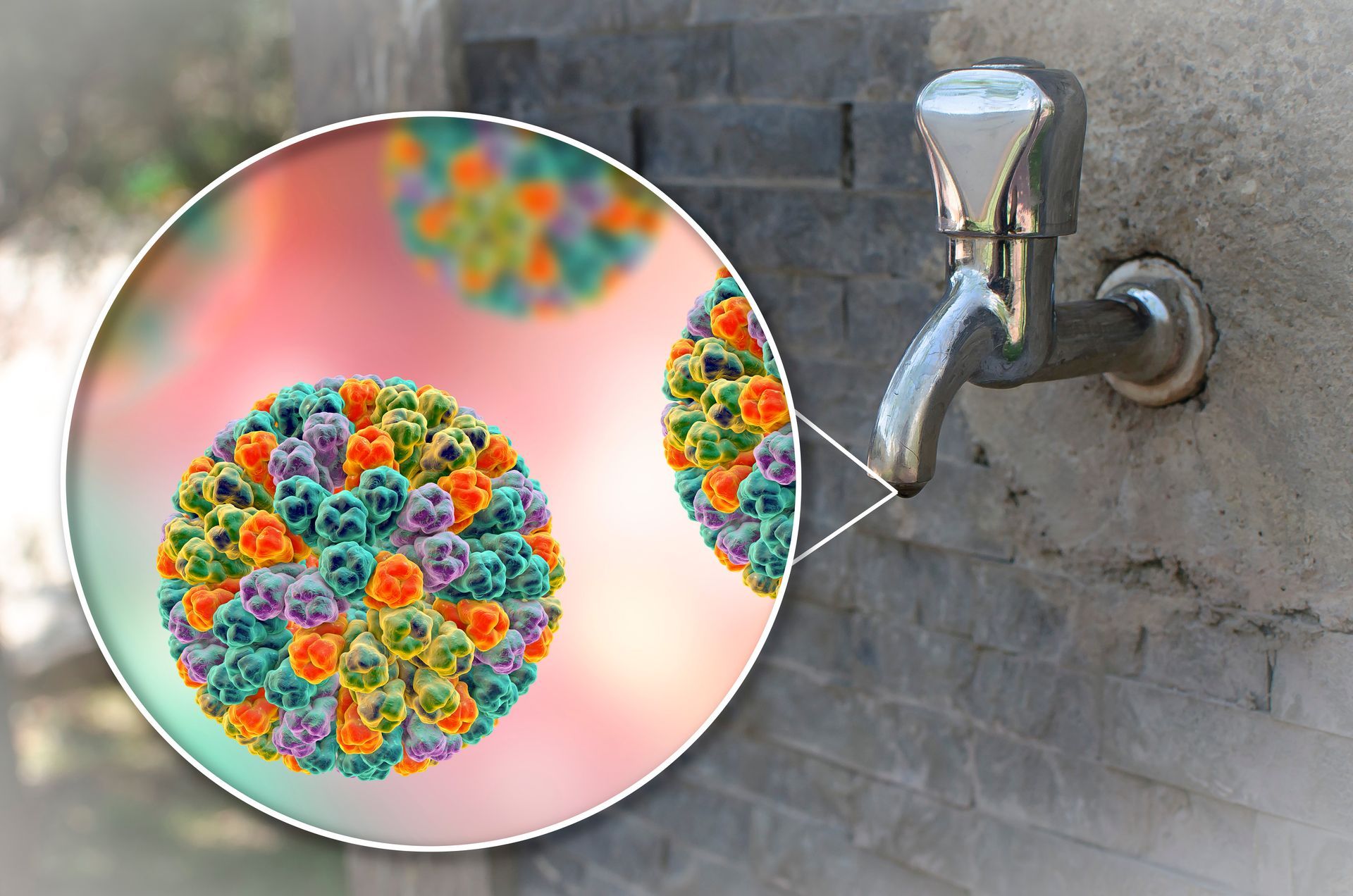Call Today for a FREE Quote
(404) 419-6887
How Do Wastewater Treatment Plants Remove Contaminants From Wastewater?

Over 34 billion gallons of wastewater are processed every day in processing facilities across the country. These facilities replicate and accelerate the natural process by which water is purified through a meticulous, multi-stage process to ensure the water we use and consume every day is 100 percent contaminant-free.
Step-By-Step Process to Remove Contaminants From Wastewater
Screening: You see a type of screening every day in the form of storm drain grates along the edges of streets. These grates catch large debris like sticks, leaves, paper cups, food wrappers and all types of other trash that end up in the streets. The first step in water processing plants is essentially another grate, which removes large objects and helps prevent damage to the equipment downstream that will purify the water.
Primary Treatment: In primary treatment, the wastewater is held in large settling tanks. Gravity allows heavier solids to settle at the bottom, forming sludge, while lighter materials, such as grease and oils, float to the top and are skimmed off. The partially treated water is then moved to the next stage.
Secondary Treatment: Secondary treatment uses biological processes to further break down organic matter in the water. Microorganisms, typically bacteria, are introduced to the wastewater through activated sludge processes, trickling filters or sequencing batch reactions. These organisms consume and digest the remaining organic pollutants, converting them into carbon dioxide, water and more bacterial cells.
Tertiary Treatment: Tertiary treatment further purifies the water to ensure it’s safe for public consumption. It involves processes like filtration, chemical coagulation and chlorination to remove any lingering contaminants. You can learn more about the difference between primary, secondary and tertiary treatment here[1] .
Sludge Removal: The sludge collected during the treatment process is often treated separately, typically via literal digestion. Microorganisms can break down the sludge before it’s dewatered to reduce the volume. The treated sludge may be used for soil conditioning or disposed of in a landfill.
Why Ineffective Grease and Oil Disposal Can Hinder This Process
When fats, oils and grease (FOG) are not properly cleaned from your business’s grease trap, it can lead to the formation of grease deposits and blockages in pipes and treatment equipment. These obstructions hamper the flow of wastewater, ultimately causing sewer backups. Even if clogs don’t form, FOG that makes it through to water processing plants must be removed during the treatment, adding extra strain and making the process more resource intensive.
The presence of waste oil from improper fryer oil disposal can also create adverse conditions for the microorganisms, preventing them from effectively breaking down the sludge and compromising the overall contaminant removal process.
Because of the hazard waste oil poses to the water treatment process and our community’s overall water quality, there are strict government regulations to safeguard public health[2] . If your business’s waste oil disposal practices are found to be violating these regulations, it could result in hefty fines, substantial penalties and a damaged reputation.
Why Many Businesses in Georgia Trust Southern Green Industries
Franchises and facilities seeking reliable solutions for grease trap cleaning and waste oil recycling can rely on Southern Green Industries. We employ a closed-loop recycling system to convert wasted fryer oil into fuel for our fleet.
By reusing fryer oil, we prevent it from damaging the environment or Atlanta’s sewer system, protecting businesses from penalties and environmental violations. Since biodiesel is also one of the cleanest burning fuel alternatives, our use of recycled oil for fuel makes us one of the greenest waste oil recycling and grease trap cleaning companies in Georgia.
Our team also places an emphasis on transparency. Businesses that utilize our oil recycling services can receive detailed manifests in any format they need (printed, emailed, etc.), making coordinating with city and county inspectors simple. We’ll even send the manifests to the appropriate authorities for you, taking the paperwork off your hands so you can focus on what really matters for your business.
Georgia Businesses Have Depended on Us for Grease Trap Cleaning and Waste Fryer Oil Recycling Services for More Than 15 Years
Do you want to stop worrying about grease trap cleaning and waste oil disposal? Southern Green Industries will provide you with the experience, skill and quality customer service your business needs to maintain a smoothly functioning kitchen.
Whether you want a one-off appointment or a reoccurring service, our team will provide you with efficient grease trap cleaning and oil fryer recycling services that prioritize your needs and schedule above all else. To get a free quote, call us today at (404) 419-6887 or explore our service pages to learn more.
Recent Blog Posts
Contact us Today for a FREE Quote
We are committed to making grease trap cleaning and fryer oil recycling as clean and easy as possible. If you’d like to learn more about our services or get a quote, give us a call at (404) 419-6887.
Southern Green Industries is an Atlanta owned and operated grease trap cleaning and fryer oil recycling company operating in Atlanta and throughout the entire state of Georgia.
All Rights Reserved | Southern Green Industries | Built by REV77



